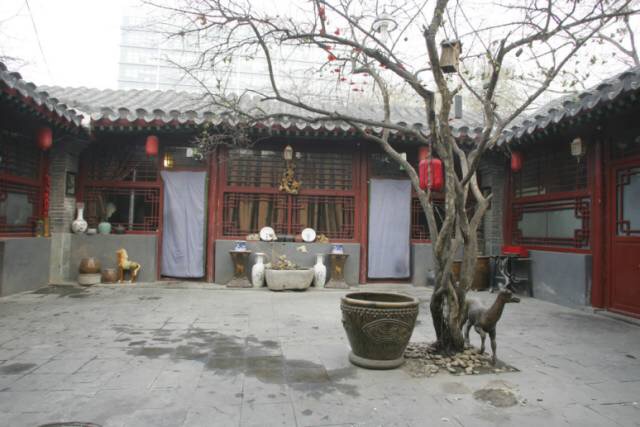- +44 (0)20 8334 8266
- uk@lan-bridge.com
- 中文
The Voice of Lan-bridge (03/12/2016)
Today, let’s begin by discussing a classic symbol of Chinese civilisation: Beijing courtyard houses.
Beijing courtyard houses have been the city’s signature buildings for generations. In Chinese, these buildings are known as ‘四合院’(siheyuan), which approximately means a courtyard surrounded by buildings on four sides. Beijing’s courtyard houses had already appeared by the Yuan or Mongol dynasty (1279 – 1368AD), meaning they already have over a thousand year’s history. They are mainly distributed near Beijing’s alleys and outside of the city. Along with the changing of dynasties, these houses gradually became rarer.
The folk customs surrounding Beijing’s courtyard houses are also very interesting. The people of this time were very superstitious, and would always build their house with the main entrance facing south east because it was said in the Book of Changes that to ‘face south east and open your entrance on to the south east is equal to opening one of the Eight Trigrams’, which implied wealth rolling in.
Beijing courtyard houses are classic representations of historical Chinese residences. Even though they aren’t as common as before, their place in history is secure. They are an example of traditional Chinese culture which we can still see and appreciate today.
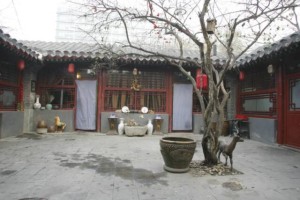
Part 1: This week’s moments
We have had yet another busy week of translating and interpreting at events across China. Here are some of our highlights.
1. Shakespeare’s 400th anniversary event (Beijing, 23rd November, 2016)

2. The Big Data Summit (Beijing, 23-24th November, 2016)
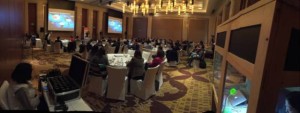
3. The 2nd International Forum on Financial Derivatives Innovation (Shanghai, 25th November, 2016)
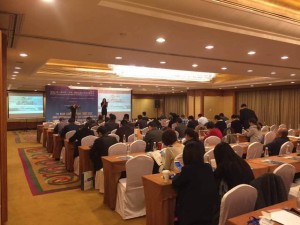
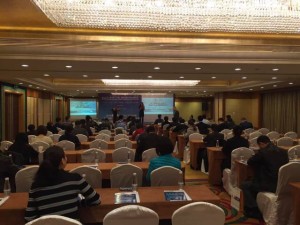
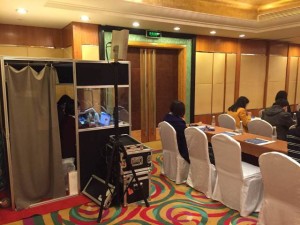
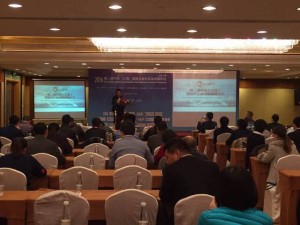
4. The 8th World Business Ethics Forum (Shenzhen, 25th November, 2016)



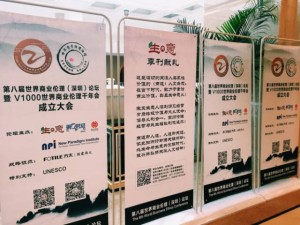
Part 2: Knowledge
English has a colourful vocabulary. Someone who is ‘black-hearted’ is evil. Someone who is ‘yellow-bellied’ is a coward. Someone who is ‘blue-blooded’ is linked to royalty. Someone who is ‘in the pink’ is healthy and in good spirits. Someone who is ‘green’ is naïve and someone who is ‘blue’ is depressed. You can have ‘the green-eyed monster’ (feel jealous) or ‘see red’(angry).
In English, politeness can sometimes depend on making a command a question. Rather that directly saying ‘you can do that’ it’s always best to ask ‘can you do it?’ ‘May I have your name?’ is also much more police than ‘what’s your name?’
There are also ways to diffuse awkwardness and manage impoliteness. For example, when asked something you don’t want to answer, it’s best to avoid saying something along the lines of ‘I don’t want to answer that’, as it comes across rude in itself. It is better to say ‘I would rather not say’.
Add our WeChat:

Translated by Kain Jagger
